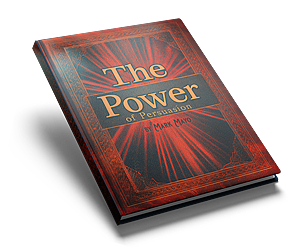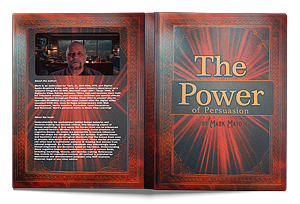The world of content marketing is ever-evolving, and as technology continues to advance at a rapid pace, so too do the methods and strategies we use to create and share content. In this guide, you will learn how artificial intelligence (AI) and machine learning are shaping the future of topic clusters and content strategies, and how you can harness these powerful tools to stay ahead of the curve.
In the following sections, we will delve into the rise of AI and machine learning in content marketing, explore the concept of topic clusters, and discuss how AI-powered tools are revolutionizing content research and creation. Additionally, we will examine the future of search engine optimization (SEO) and user intent, and address the challenges and ethical considerations that come with embracing AI-driven content strategies.
With the knowledge gained from this article, you will be well-equipped to navigate the rapidly changing landscape of content marketing and leverage the power of AI and machine learning to create more effective and engaging content.
Table of Contents
- The Rise of AI and Machine Learning in Content Marketing
- The Emergence of Topic Clusters
- AI-Powered Content Research and Creation
- The Future of SEO and User Intent
- Challenges and Ethical Considerations
- Final Thoughts
The Rise of AI and Machine Learning in Content Marketing
Artificial intelligence and machine learning have made significant strides in recent years, and their applications are becoming increasingly widespread across various industries, including content marketing. By integrating AI and machine learning into content strategies, marketers can unlock numerous benefits, such as:
- Enhancing efficiency in content creation and curation
- Discovering hidden patterns and relationships between topics
- Adapting to and predicting changes in search engine algorithms
- Personalizing content experiences for users
The Emergence of Topic Clusters
A topic cluster is a group of interconnected web pages that revolve around a central theme or subject. The core “pillar” page offers comprehensive information about the main topic, while supporting “cluster” pages delve into related subtopics. Implementing topic clusters can help to:
- Improve SEO by creating a more organized and interconnected content structure
- Enhance the user experience by providing comprehensive and easily navigable information
- Increase the likelihood of ranking for a broader range of keywords
AI-Powered Content Research and Creation
The integration of AI and machine learning in content marketing has the potential to revolutionize content research and creation processes. Some ways in which AI-driven tools are already shaping content strategies include:
- Identifying topic clusters and opportunities for content expansion
- Generating content ideas based on search trends and user intent
- Creating and optimizing content based on predicted performance and relevance
The Future of SEO and User Intent
As search engines become more advanced, content strategies must evolve to keep pace. AI-powered tools can help us gain a deeper understanding of user intent, enabling the creation of content that is not only relevant but also tailored to the needs and desires of our audience. This will lead to a more personalized and user-centric approach to SEO and content marketing.
Challenges and Ethical Considerations
The rise of AI and machine learning in content marketing brings with it several challenges and ethical considerations, such as:
- Ensuring data privacy and security
- Balancing the use of AI-generated content with human creativity and insight
- Addressing potential biases in AI algorithms
- Determining the appropriate level of AI integration in content strategies
As we move forward, it is crucial for content marketers to navigate these challenges and consider the ethical implications of their AI-driven strategies.
Final Thoughts
The future of topic clusters and content strategies is deeply intertwined with the advancements of AI and machine learning. These technologies are already reshaping the way we approach content marketing, from identifying hidden topic clusters to predicting the future of SEO and user intent.
In order to harness the full potential of AI and machine learning, it is important to remember that these tools should not replace human creativity and insight, but rather complement and enhance it. By leveraging the power of AI and machine learning, content marketers can unlock new opportunities, create more relevant and engaging content, and stay ahead of the ever-changing landscape of search engine algorithms.
The most important takeaway from this article is the need for a balanced and ethical approach to AI-driven content marketing. By acknowledging and addressing the challenges and ethical considerations associated with AI, content marketers can ensure a bright and successful future for their strategies.











Leave A Comment